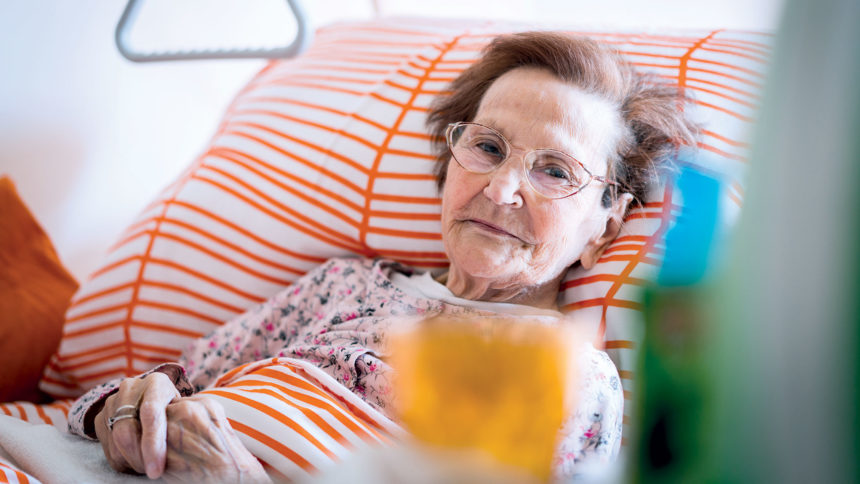
With COVID-19 testing access spotty at best, the Centers for Disease Control and Prevention has clarified its discharge guidance for patients with confirmed and suspected cases.
Providers can discharge such patients whenever clinically indicated, with no requirement to meet criteria for discontinuation of Transmission-Based Precautions, the agency explained in a Monday update. Meeting these precautions is typically a requirement under Centers for Medicare & Medicaid Services rules for skilled nursing facilities.
The agency also provides updated strategies for discontinuing transmission precautions in scenarios when testing is not possible. In those cases, providers can ensure that:
- At least 3 days (72 hours) have passed since recovery, defined as resolution of fever without the use of fever-reducing medications and improvement in respiratory symptoms (such as cough or shortness of breath); and,
- At least 7 days have passed since symptoms first appeared.
A testing-based strategy is preferred when risk to a soon-to-be-transferred patient is highest, the revisions state. This would be the case when a patient is hospitalized or severely immunocompromised, and is also the preference for those being transferred to a long-term care or assisted living facility.
The new guidance also covers decisions to discontinue empiric Transmission-Based Precautions by excluding the diagnosis of COVID-19. Patients should have negative results from at least one diagnostic test, the agency states.
“Ultimately, clinical judgement and suspicion of SARS-CoV-2 infection determines whether to continue or discontinue empiric transmission-based precautions,” the post concludes.




